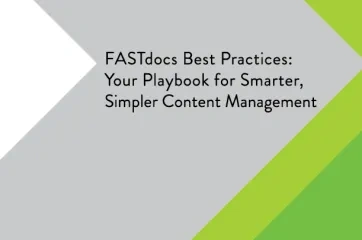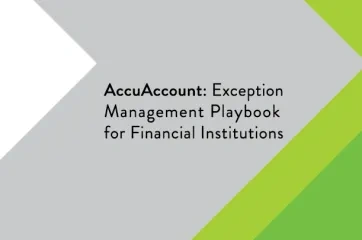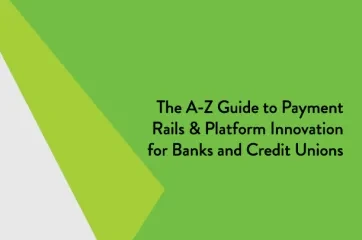In banking, a virtual audit occurs when an auditor performs some or all of the audit from a remote location—instead of coming on-site to the financial institution. Technology is essential for enabling virtual audits, as auditors must be able to electronically access confidential information while ensuring proper security and privacy.
Audit Challenges for Financial Institutions
Traditionally, audit preparation has posed numerous challenges for banks and credit unions. For starters, audit preparation can be very disruptive to a financial institution’s business operations. Staff must take time away from their daily tasks to locate files and prepare the packet of information for auditors. In most cases, this involves pulling file folders from a records room, making copies (also known as “shadow files”), and placing the requested information into an audit file. If documents are missing or unavailable, staff must work quickly to resolve exceptions and ensure the requested documents are obtained.
Bringing auditors on-site for an audit can be stressful for staff and costly for the financial institution. Travel, meals, and lodging represent real expenses that must be accounted for in addition to the auditor’s billable services.
Virtual Audit Benefits
Compared to traditional approaches, virtual audits open the door to multiple efficiencies for financial institutions:
Streamlined audit preparation: Instead of manually pulling paper files into a large stack, virtual audit preparation involves organizing records into a digital file that can be shared electronically (such as via secure FTP).
Reduced risk of information loss: Sometimes hard copy files must be moved from one branch to another, which can lead to misplaced documents. With proper backup processes and access controls, electronic documentation is considerably less likely to be lost.
Cost-saving opportunities: Sharing audit information digitally makes it possible for auditors to do their work off-site, thereby reducing travel, lodging, and meal expenses.
Virtual audits can also make life easier for auditors. Rather than traveling to different cities and being away from family, auditors can do their jobs from the comfort of their own offices. Finding information in a digital audit file is usually faster and easier, too.
For these reasons, virtual audits have become increasingly popular among banks and credit unions; however, some financial institutions still rely on their previous workflows. Implementing a system like AccuAccount from Alogent can simplify audits for financial institutions and the auditors they work with. Learn more about virtual audits in AccuAccount.
Read more banking definitions and access free resources on Alogent’s Innovation Hub.







